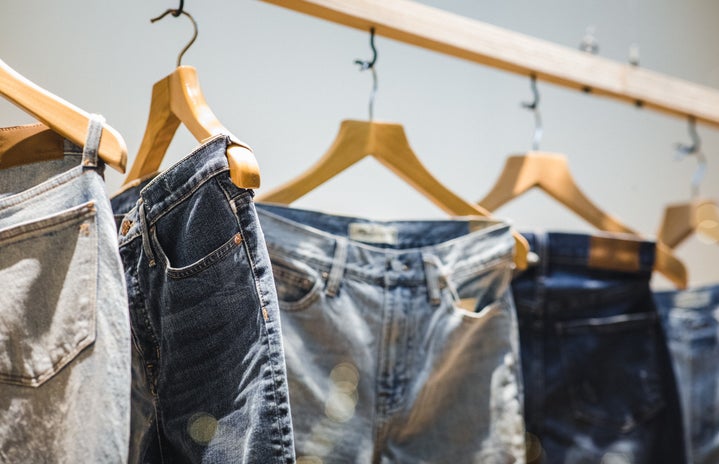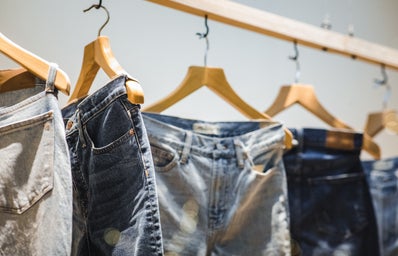There are very few hobbies that I enjoy more than thrift shopping. About once a week, my best friends and I will don our best outfits, grab an iced coffee and spend the afternoon perusing every thrift store in the Tallahassee area. Honestly, these thrift trips are the highlights of my week.
However, the old days of thrift shopping in person have become less and less popular. Since experiencing a global pandemic, people have become increasingly unwilling to shop in person, choosing instead to shop for curated clothing online through independent sellers. These sellers thrift unique pieces for cheap prices, then sell them for exorbitant amounts online to unsuspecting consumers. These people are colloquially known as “Depop Sellers,” though they also operate out of Mercari, eBay and others.
These sellers make money from purchasing discounted clothes at the thrift store, then re-selling these clothes online. In order to keep customers coming to their store, these Depop Sellers must go thrifting multiple times a week to fulfill the needs of their customers. Multiply this effect by hundreds of thousands of sellers, and you have a large group of people who regularly purchase the best quality clothing from thrift stores for their own benefit.

Let me make something clear: I have no problem with the average person going to the thrift store recreationally. I myself enjoy thrifting as a hobby, not only to fill up my own wardrobe but to find cool pieces to decorate my apartment or hang out with my friends. Personal consumption is not what I take issue with.
What I do take issue with, however, is the way that Depop Sellers take advantage of the low prices at thrift stores. At their core, thrift stores are intended to serve a lower-income population. The prices are cheap to reflect this market, which ensures that everyone, regardless of economic status, can have access to good quality clothing, even if it is second-hand. When sellers purchase these pieces, they often list them for a price that is much higher than what they originally purchased them for. This greed, coupled with the growing popularity of online thrift shopping, facilitates the growing problem with the resale market.

If you are a person who regularly shops from Depop Sellers rather than straight from a thrift store, consider asking yourself why. Is it because you don’t usually have luck at the thrift store? Try going to a shop in a different town, or doing a clothing swap with some friends! Are you looking for a unique piece that nobody else has? Try upcycling some of your existing clothes into something brand new! Are you looking to shop more sustainably, and think resellers are the way to do that? Try buying pieces from cruelty-free or slow-fashion brands!
Depop Sellers take advantage of an amazing service to the community. They use the discounted clothing and home goods available to the general population for their own benefit, rather than allow others to enjoy what the community has donated. If possible, thrift or purchase your own clothing rather than use a reseller. It’s better for the community as well as your wallet.
Want to see more HCFSU? Be sure to like us on Facebook and follow us on Instagram, Twitter, TikTok, Youtube and Pinterest!



